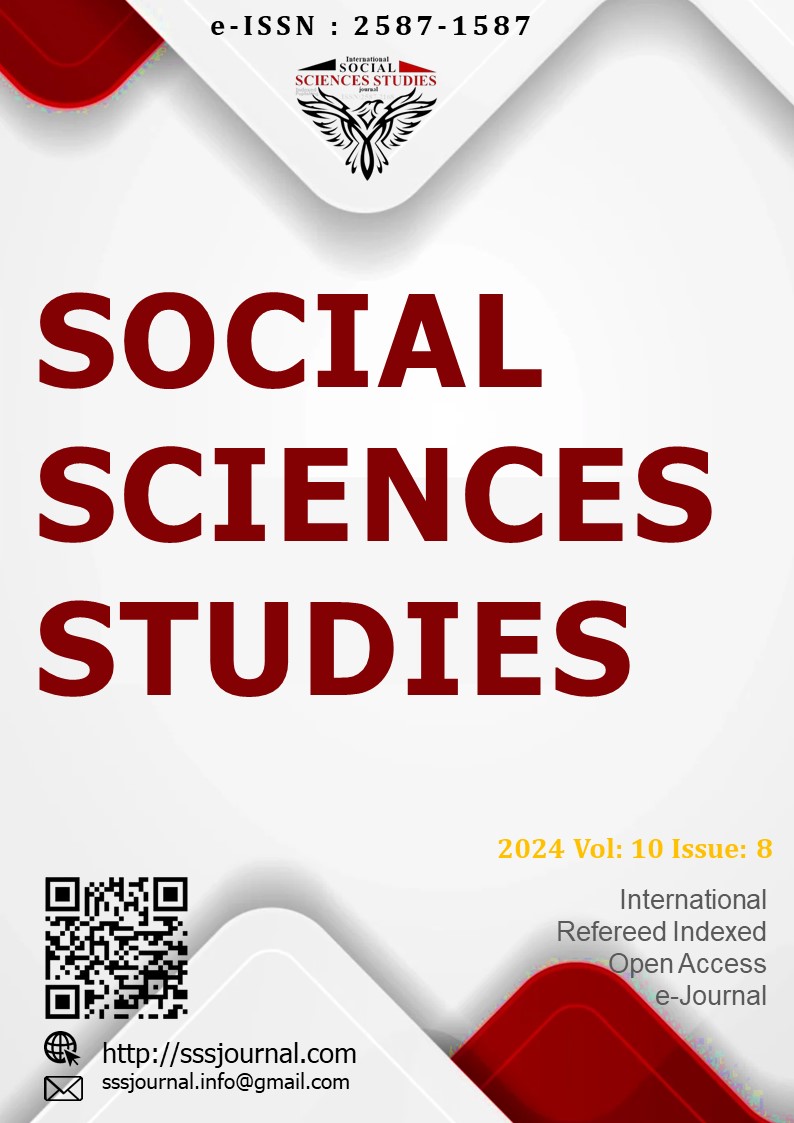Author :
Abstract
İş hayatının getirdiği mesleki yükün strese yol açtığı bilinmekte ve yoğun çalışma saatleri ve maruz kalınan riskler bakımından bu yükün en fazla deneyimlendiği meslek gruplarından birinin sağlık çalışanları olduğu bilinmektedir. Sağlık sisteminde ön saflarda hizmet vermekte olan sağlık personelinin fiziksel ve duygusal yükü COVID-19 pandemisiyle birlikte daha fazla artmış, hastalığa maruz kalma ve bulaş riskinin fazla olması, yoğun çalışma saatleri ve mesleki taleplerin yoğunluğu bu meslek grubunu psikolojik yük bakımından daha riskli bir düzeye taşımıştır. Bununla birlikte, tüm dünyada ve ülkemizde sağlık sektöründe şiddetin son yıllarda artması ve meslekten alınan fiziksel ve manevi doyumun azlığı sağlık çalışanları için zorluk yaratan diğer faktörlerdir. İnternet temelli müdahale programları kolaylıkla ulaşılabilir ve pratik olması, kullanıcılarını yüz yüze etkileşimin beraberinde getirdiği damgalanma gibi sosyal etkilerden uzaklaştırması, düşük maliyetli olması, zaman ve mekan açısından yüz yüze uygulamalara göre daha erişilebilir olması gibi sebeplerle sağlık çalışanları için umut vadedici olabilir. Bu düşünceden hareketle söz konusu makalede internet temelli programların tanıtılması ve spesifik olarak sağlık çalışanlarına yönelik geliştirilmiş programların incelenmesi planlanmaktadır. Bu uygulamalar kullanılan platform, terapötik yönelim, içerik gibi özellikler bakımından incelenecek ve ilgili literatüre dair betimleyici bir tablo sunulacaktır. İnternet temelli uygulamalar Türkiye literatürü için görece yeni bir alan sayılabilir, bu bakımdan çalışmanın yeni geliştirilecek uygulamalar için yol gösterici olması beklenmektedir.
Keywords
Abstract
The burden brought by working life is known to lead to stress, and it is reported that one of the occupational groups experiencing this burden the most, considering long working hours and exposure to risks, is healthcare workers. The physical and emotional burden on healthcare workers serving on the front lines of the healthcare system has increased significantly with the COVID-19 pandemic. Factors such as high exposure and risk of transmission, intense working hours, and the intensity of professional demands have elevated this occupational group to a psychologically more risky level. Moreover, the increasing violence in the healthcare sector worldwide and in our country in recent years, as well as the lack of physical and psychological satisfaction from the profession, are other challenging factors for healthcare workers. Internet-based interventions may offer promising prospects for healthcare workers due to their easy accessibility, practicality, avoidance of social effects such as stigma associated with face-to-face interactions, low cost, and greater accessibility in terms of time and location compared to face-to-face applications. Based on this idea, the planned article aims to introduce internet based interventions and examine internet-based interventions developed spesicifically for healthcare workers. These applications will be reviewed in terms of charachteristics such as the platform used, therapeutic orientation, content and a descriptive overview of the relevant literature will be provided. Internet-based applications can be considered a new area in the Turkish literature, and therefore, the study is expected to guide the development of new applications in this field.





